-
Posts
2.332 -
Joined
-
Last visited
-
Days Won
60
Posts posted by Sundiata
-
-
I'd just like to say that I'm excited about all this. @Genava55 is basically doing what I was planning to do (eventually), only better... I haven't nitpicked every single one of his references, but those that I have all check out. In addition, almost everything he is bringing up seems to be in line with my own understanding of Celtic culture (not based on Asterix and Obelix, TW, or crappy Hollywood). I'm rather impressed (by his ability to convince me that La Tene period Gauls didn't, use round shields
 ), and I believe that, of all the active community members, Genava is the most "qualified" to lead the push for historically accurately updating the Celtic civs. I don't know anything about Celtic languages so I have no opinions on the naming used for units etc. I don't see any glaring issues with his proposals.
), and I believe that, of all the active community members, Genava is the most "qualified" to lead the push for historically accurately updating the Celtic civs. I don't know anything about Celtic languages so I have no opinions on the naming used for units etc. I don't see any glaring issues with his proposals.
Some of my personal issues with the Celtic civs, which I have brought up multiple times before, in order of offensiveness, are: Stonehenge, haphazard mixing of iconic Gallic and British equipment, those temples and lack of authentic special buildings etc. Most of it has been addressed in genava's suggestions as well.
Of course, healthy debate is always good, so nit pick away

-
 1
1
-
 1
1
-
-
-
 2
2
-
 1
1
-
-
@Anaxandridas ho Skandiates, I do understand where you are coming from, and it's difficult to argue about obscurities. It is in the absence of plentiful literary sources that I turn to the archaeological record. Being most familiar with Ai Khanoum, it is clear from that site that the Greco Bactrians did things differently. Most of the structures in this newly built city have strong Achaemenid features, with Greek finishings. Architecture says a lot about a culture, and purely Greek structures are very rare, which is strange for a capital city (Hellenistic remains at Bactra being too scattered to make any conclusions, but considering it's ancient history and importance to Zoroastrianism, which many of the Greeks embraced, it seems unlikely that this city was totally transformed into a "Greek" city the way Alexandria in Egypt was). This is to be expected considering their geographical context. All the other Hellenistic states were surrounded by other Hellenistic states, or states that were (being) heavily influenced by the Greeks. The Greco-Bactrians were surrounded by powerful non-Greek polities, except for their border with the Seleucid empire, which was a peripheral territory for the Seleucids. Their intense contact with the nomadic Scythians (and other steppe people) as well as Maurya India, both radically different from Greeks, and exceedingly powerful in their own right, as well as probably having to contend with local (tribal) rulers and Iranian elites within their territory meant that political manoeuvrings would have been much more important to maintain stability in a potentially volatile cocktail of cultures. The documented conversion of groups of Greeks to entirely non-Greek religions, their occasional service to Indian rulers and the role that Greeks played in the dissemination of Buddhism is also quite noteworthy.
Remember that this is where Alexander the Great himself married Roxana of Bactria, and where Alexander himself sanctioned mixed marriages (unlike the ones at Susa, there is little to go on to say that Macedonian-Bactrian marriages ended in failure). It is hard to imagine that either of these events weren't enduring symbols of the multicultural nature of the Greco Bactrian Kingdom. Neither can it be ignored that the first generation of Bactrian born Greeks in all likelihood already included people of mixed parentage. I'm honestly not trying to romanticize it. It's just obvious that Greek culture fused with the local Bactrian traditions, more so than in other Hellenistic states. The centuries old presence of deported Greeks and the relative isolation/distance from the greater Hellenistic world would have only facilitated a more speedy integration of Greeks into a much larger regional system.
I'm genuinely curious about the sources saying that the Greeks went "home"?
Basically what I'm saying is yes, their ruling class was Greek, but if they ever get developed for 0AD, and the archaeological references are used correctly, their structures are going to end up looking quite different from the other Hellenistic civs. In terms of units, you'd have the basic Hellenistic roster (with some minor unique elements), in addition to Hellenized Persians, Bactrians, Sogdians, Scythians and Mauryan elephants. They'd look and feel quite unique.
-
 1
1
-
-
20 minutes ago, Anaxandridas ho Skandiates said:
as indeed everywhere else where hellenistic culture lasted - cultures were kept in their strictly separated quarters,
This is where I believe the Greco-Bactrian Kingdom differs. Probably on account of the 2 century old presence of Greeks as subject populations deported by the Persians as early as Darius I, prior to the Macedonian conquest. Hellenistic influences in Bactria are all over the place, and remixed, with each other as well as Iranian (and even some indirect Mesopotamian influences, in architecture at least). The conversion of a decent number of Greeks to Buddhism, as well as Zoroastrianism, and the worship of gods like Zeus-Zoroaster. Some mixed marriages seem to have occurred. The architectural layout of sites like Ai Khanoum also demonstrate a departure from Greek norms, using Hellenistic elements as a decorative veneer, but using Achaemenid principles in layout and function, alongside purely Greek structures like the theatre. Being hopelessly outnumbered by a mixed "native" population of Persians, Bactrians, Sogdians, Scythians and Indians, at such a great distance from the Greek homelands, as well as being largely cut off from new Greek settlers necessitated a more delicate approach to ruling their subjects, causing a much stronger and more genuine mixing of cultures. They are easily one of the most divergent Hellenistic civs, which makes them especially interesting in my opinion. Alexanders dream seems to have come to fruition, to a degree at least, in the furthest reaches of his empire. Ironically, one of the most obscure Hellenistic states, the Indo Greek Kingdom was one of the last (if not the last) independent Hellenistic Kingdom.
-
 1
1
-
 1
1
-
-
-
 2
2
-
-
-
-
Star Citizen looks amazing! All those nay-sayers are just a bunch of confused entitled consumers with no vision or patience, and the inability to manage their own expectations (like a bunch of teenagers that need everything now, not wanting to understand all the work involved). I'm not saying there aren't obvious problems, but the long development time gives me a lot of hope that this will in fact be one of the greatest space games ever. It might take another 6 years, sure, but 0AD is already going 15 years or more, so that in itself doesn't really mean anything to me. The game isn't a scam, and people saying that are just trolls. Or people who didn't bother to familiarize themselves with the bare basics of the project. I mean, some people spent thousands of dollars on ships and other stuff, for a game in alpha development... The smarter ones aren't looking for a return on investment. They're just passionate about the game and want to financially contribute to the development. People spending thousands of dollars on a game, 6 years in development and still in alpha, and then expecting a complete and smooth gaming experience, when literally everyone says they won't, are just a bunch of weirdo's. Who spends money on a game in this state anyway, if not passionate about it??
That comment on Eurogamer doesn't make any sense at all. What in the world does graphics, art and asset development have to do with things like object container streaming or network stability, AI, bug fixing etc? Those are totally different teams of people. The scale of this project is insane. All those little details aren't pointless either, as that comment says. If not for all those incredible details, why not play No man's Sky or whatever? I mean, that new FOIP feature for example could be described as utterly useless. But it's also absolutely brilliant, funny, even revolutionary, one might say.
There are so many different systems in development, and they're pretty far along. If you see how the biomes are made for example, you'll realize how quickly they can create hundreds of unique new biomes once the system is on point. Once everything starts working smoothly (a lot is already working amazingly and people take it for granted), and it all get's integrated into a single seamless experience, it's going to be amazing. This game is more of a platform, than a standalone game. Games will be built on top of this game. Just don't expect a full release next year, that's just silly.
Almost akin to 0AD, I think that Star Citizen is part of a new generation of games that will continue to grow and evolve along with its community, rather than being a one stop consumption article. The main difference is that there is a crap ton of money involved in Star Citizen, so there's a commercial aspect to it. What do people expect from a commercial project? I think it rather makes it extremely unlikely that it will ever be cancelled. It's also pretty obvious they use the controversy as a marketing tool. Keeps people on edge. The hype is a part of any commercial project like this. Just check back in couple of years.
-
 1
1
-
-
18 minutes ago, Alexandermb said:
Another variant: (It should go around the back head or just in the sides?)
Really nice touch... The laurel could indeed go around the back
Spoiler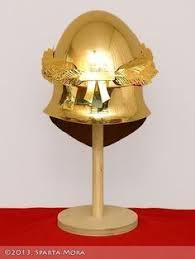
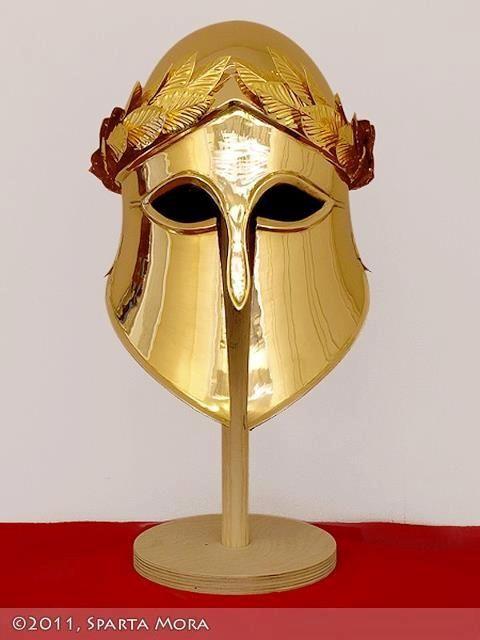
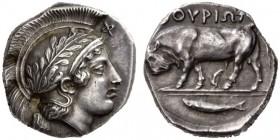
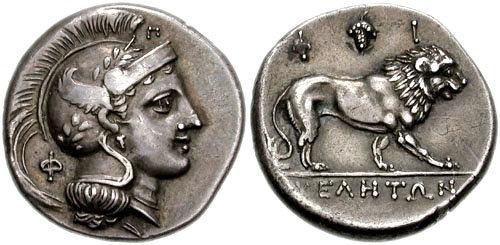
-
@Lion.Kanzen Those are mostly Phrygian helmets, including some original Thracian ones. They have a lot of variety.
Love this piece...
-
35 minutes ago, Alexandermb said:
Wich units would use them ?
Especially Silver Shield Pikemen (Phalangites Argyraspides), but the higher level Bronze Shield Pikemen (Chalkaspides) can also use them. They were quite "common" and are of Thracian origin, so they're even appropriate for the Thracian Mercenaries. Phillip's cavalry also used them, but Alexander apparently preferred the Boeotian helmet for his cav.
I don't know anything about colors. I'd go with what wow said.
-
36 minutes ago, Alexandermb said:
Seleucid uses the helmet too ?
Yes..
Nice work, as usual...
-
@wowgetoffyourcellphone,
 , you can thank @pedro_blanco for that amazing piece...
, you can thank @pedro_blanco for that amazing piece...
Some more examples of his work: https://www.artstation.com/blanco
-
 4
4
-
-
1 hour ago, Genava55 said:
Anatolian

Ok, I'll give that one to you...

-
 1
1
-
-
-
3 minutes ago, stanislas69 said:
That's a pretty good idea. What about the character on it ?
Themistocles? One of the main commanders of the allied Greek navy during the second Persian invasion?3 minutes ago, wowgetoffyourcellphone said:The inside of the ship is actually a bubble bath, with Leonidas sitting in it wearing nothing but his helmet. As the kart turns and banks, water sloshes about and rubber duckies bounce around, while Leonidas drunkenly swings around a cup of wine in one hand and a xiphos in the other.
That!
-
 1
1
-
-
53 minutes ago, stanislas69 said:
I see some kind of futuristic antic chariot

What about a mini trireme on wheels?

-
 1
1
-
 3
3
-
-
13 hours ago, Itms said:
Wildfire Games, an international group of volunteer game developers, is happy to announce the re-release of 0 A.D. Alpha 23 “Ken Wood”,
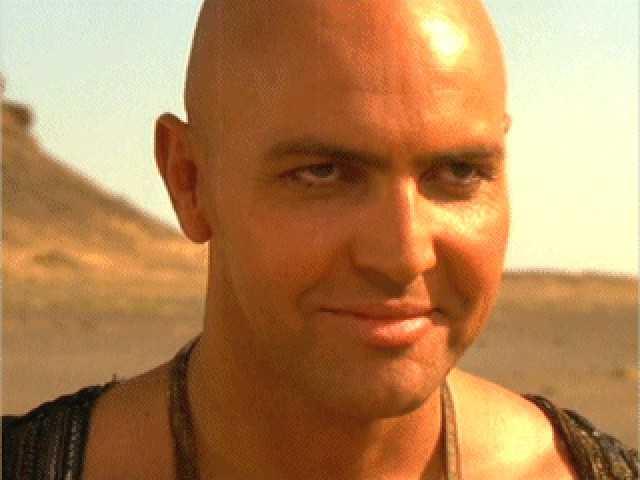

To all the people involved in this, Thank you soooo much!!!
-
 4
4
-
-
@stanislas69, that's really gorgeous man! Attention to detail is exquisite! Your lemon and spoons spaceship is also really fun! Have you thought of rendering out a short animation of it, flying by an alien planet or something?
-
@Genava55, I really enjoyed watching Keralis play and listening to his commentaries in ep.01 and 02. Surprisingly entertaining. I was thinking about posting it myself... Just saw that ep.03 is out, so I'm watching that tonight
 . The game looks really interesting. I like the slower pace. Like a more organic stone age banished. Lovely details. Lovely amount of depth. It would be a bit much for 0AD, but I don't think we should be shy to take some inspiration from it nonetheless. I like the naturally replenishing wildlife, and natural population growth combined with new arrivals. Seasonal farming. Options... The tech tree was nice too, and the minimalistic UI is nice. Pretty graphics as well. Needs a mini-map though.
. The game looks really interesting. I like the slower pace. Like a more organic stone age banished. Lovely details. Lovely amount of depth. It would be a bit much for 0AD, but I don't think we should be shy to take some inspiration from it nonetheless. I like the naturally replenishing wildlife, and natural population growth combined with new arrivals. Seasonal farming. Options... The tech tree was nice too, and the minimalistic UI is nice. Pretty graphics as well. Needs a mini-map though.
-
 1
1
-
-
4 hours ago, Thorfinn the Shallow Minded said:
What I do find interesting is that by and large, you don't seem to argue for any specific universal morals, which seems sensible since as far as I gather, conscience comes from personal experience in your opinion. What use then, is there in attempting to use moral 'truths' if they are simply a result of the human mind? Humans are fallible and any similarity could be considered mere coincidence It seems better to use logical reasoning with utilitarian ethics to create coherent system that could potentially be applied to any context regardless of socio-cultural differences.
I agree
 That's why I believe in the importance of universal human rights. The UN might be a bit of a bogged down bureaucratic mess, but together with it's even more troubled predecessor, the League of Nations, have served and continue to serve humanity for the better. Concepts like democracy, collective security, written constitutions, separation of church and state, freedom of speech etc have done a lot of good, and we must guard against those forces that wish to undermine this progress.
That's why I believe in the importance of universal human rights. The UN might be a bit of a bogged down bureaucratic mess, but together with it's even more troubled predecessor, the League of Nations, have served and continue to serve humanity for the better. Concepts like democracy, collective security, written constitutions, separation of church and state, freedom of speech etc have done a lot of good, and we must guard against those forces that wish to undermine this progress.
I do actually believe in specific universal morals, it's just that they are rooted in my faith, which is something I understand not everyone shares, and therefore difficult to use as the basis for arguing for the existence of moral absolutes. But it is obvious to me that we do indeed need some global set of morals that we can all agree on, otherwise we're right back to the default settings of "might makes right", mentioned by Loki in another thread.
4 hours ago, Thorfinn the Shallow Minded said:As a secondary point, although I can assume that you are generalising about the people who do or do not believe in moral absolutes, it stands to reason that even an atheist might believe in them. Why they would, I'm not sure.
Well, humanism in large part evolved from a strong Christian substrate, so... Of course not every atheist is a humanist, but most secular traditions are at least superficially rooted in their religious predecessors. I'm not saying atheists wouldn't be able to independently construct strong moral codes, just that they are influenced by their environment. As societies become less religious, the collective of atheist moral codes also becomes more divergent.
-
 1
1
-
-
49 minutes ago, Imarok said:
but nevertheless we shouldn't stop trying to act morally.

Absolutely. One of those things that separates us from animals. Just notoriously difficult to define.
-
1 hour ago, Imarok said:
Seems like you read Yuval Noah Harari

Nope, lol, but reading a bit about the concepts he writes about (wikipedia
 ), I can definitely relate... I should probably give his works a proper read.
Quote
), I can definitely relate... I should probably give his works a proper read.
QuoteIn a 2017 article Harari has argued that through continuing technological progress and advances in the field of artificial intelligence, "by 2050 a new class of people might emerge – the useless class. People who are not just unemployed, but unemployable."[39] He put forward the case that dealing with this new social class economically, socially and politically will be a central challenge for humanity in the coming decades.[40]
 So, true... There is so much to be said here, I'm not even going to start. The implications for morality in the dystopian future we seem to be heading for are scary.
So, true... There is so much to be said here, I'm not even going to start. The implications for morality in the dystopian future we seem to be heading for are scary.
Another Israeli writer, Dan Ariely, actually fundamentally influenced my views on human nature, and our programming and motivations behind our decisions. He's not some great philosopher or anything, bringing him up here might even be a bit silly, and the implications of his writing on morality might not be immediately apparent, but fundamental nonetheless, imo. The modest little book was called Predictably Irrational, and illustrates how nonsensical much of our decision making process is, especially in a modern market. We're not nearly as rational as we like to think. In fact, we are literally predictably irrational, in ways that can be easily manipulated, especially for profit. We're in large part just input/outputs. Cave man logic kind of thing. I think that morality is more of a hind sight thing we use to rationalize our actions. We're not nearly as conscious of our own mind as we like to think, and if we can't even correctly assess our own actions, how could we accurately judge the actions of others?
On 12/11/2018 at 12:14 AM, Thorfinn the Shallow Minded said:The codes are a written form of various moral truths that exist, just as mathematical proofs represent various natural constants that exist.
I'd argue that there are indeed moral truths, but I'd be arguing from the perspective of a theist who believes in something absolute. Something perfect. But those things are highly contentious, and from a philosophical perspective, comparing moral truths to mathematical proofs sounds kind of metaphysical. I don't think there have been many other constants in moral truths other than the morals derived from the basic survive and reproduce. In the past, human sacrifice was a common practice, and considered moral. Some cultures even practiced cannibalism, and it was considered moral. Expansionist wars and even genocides have been moralized to various degrees during history. Extreme forms of oppression of women in some parts of the world, or even slavery and caste systems are still unpleasantly common place today. Within those societies those acts are often considered moral. Disregarding the draconian rules of some cast systems is considered so immoral that it will get you publicly lynched. Of course these are extreme examples, like female genital mutilation, most of us can agree that they are a crime against humanity. But what about male circumcision? Some people consider it just as bad as FGM, while other people consider it an integral part of their culture, good for hygiene, a harmless religious commandment... I think examining moral truths is interesting from a philosophical perspective and necessary to continue developing our moral codes, but they're also very difficult to apply universally to the infinite complexity of the human experience. The codes would need to be infinitely complex themselves, to be correct, and it would somehow end up subtracting from our humanity.
On 12/10/2018 at 6:33 AM, (-_-) said:Should the husband have broken into the store and stolen the drug?
Man, that druggist is a d*ck... Considering a human life is worth far more than 1000 dollars... Dead people can't pay interest on a loan either... If she dies, he looses a potential life time customer... If the husband steals the drug and gets caught, he should be released under mitigating circumstances.
-
 1
1
-
-
2 hours ago, Thorfinn the Shallow Minded said:
the issue of a deontological system is usually due to flawed interpretations of the practitioner
Although I would agree that this often the case, that is a matter of opinion, and another person would claim that you yourself are in fact misinterpreting the rule. It's like some kind of a weird catch-22. Do you now add rules to interpreting rules? Where does that stop? Everything needs to be evaluated on a case by case basis.
2 hours ago, Thorfinn the Shallow Minded said:not necessarily contradictions inherent to the moral code
The moral code uses human language, not some kind of absolute mathematical algorithm. Language can be pretty abstract, changes over time and place. Laws are supposed to be clear and understandable, but they often become very elaborate and complex to cover all the possible nuances. This in turn makes them more difficult to understand for non-specialists. If somebody doesn't understand the rules, how liable are they really?
I would definitely agree that a (strong) moral code is a good thing, but how would it apply to people who can not survive without breaking it? For example homeless people born and raised in cities or countries that passed strong anti-homeless legislation. Man needs to sleep, but you have no place to legally rest your head...
2 hours ago, Thorfinn the Shallow Minded said:The only way to fully critique the merits of a deontological ethical system is to examine the actions of someone who followed one perfectly, which is admittedly difficult to do.
I think this is the point. Perfection is a divine quality, that we, mere mortals, are not imbued with. Human nature is primarily geared towards survival, not living up to a moral code. Human nature is also inherently corruptible. Respecting a moral code is a side-effect of society/culture. If the conditions for basic survival aren't met, the moral code flies out the window. Under ideal circumstances, laws might work as intended, but as of now too many people are forced into impossible situations (poverty, war, disease, natural disasters, various forms of persecution and repression). People in those kind of extreme situations, of which there are many, can't be expected to be pre-occupied with not breaking the rules when it's a matter of survival.
Rule based society is a necessary evolution in the human condition. Since we don't live in small semi-nomadic family groups anymore, but in a large urbanized world. We need rules to survive as a group, a country, a global society. I just fear that our technological developments have far outpaced our biological evolution, and we simply aren't as physically and mentally adapted to the modern world as we like to think. There are a lot of unexpected and misunderstood side-effects of the modern world, which makes interpreting the rules or anything else we take for granted a lot more difficult. Creating rules implies that you know what is right and what is wrong, but so many things in this world are counter-intuitive. The road to hell is paved with good intentions. Most people believe that their doing the right thing, yet we live in world with a lot of suffering.
Quark: "Let me tell you something about hoomans"
-
 2
2
-

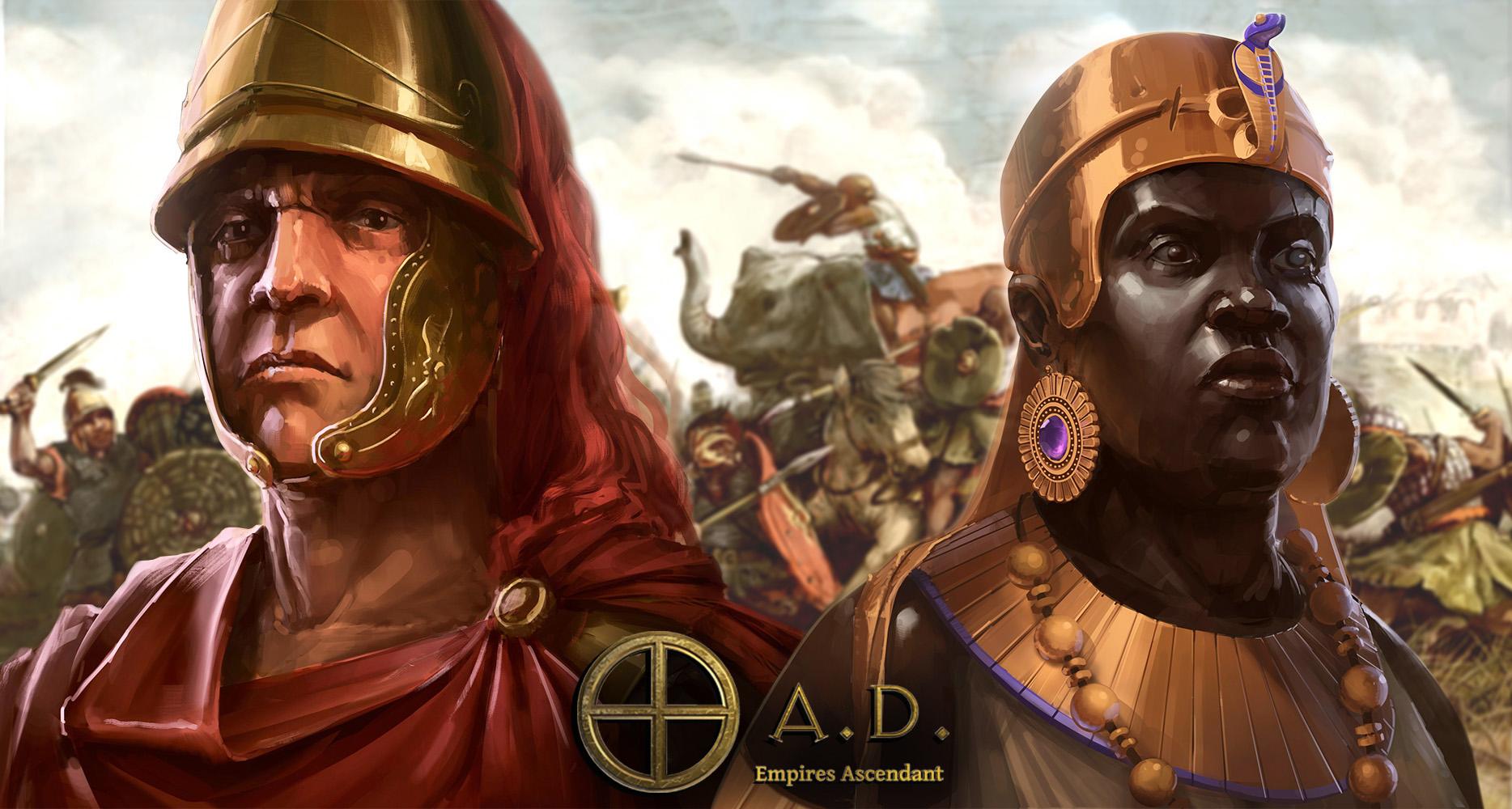
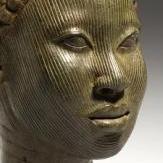
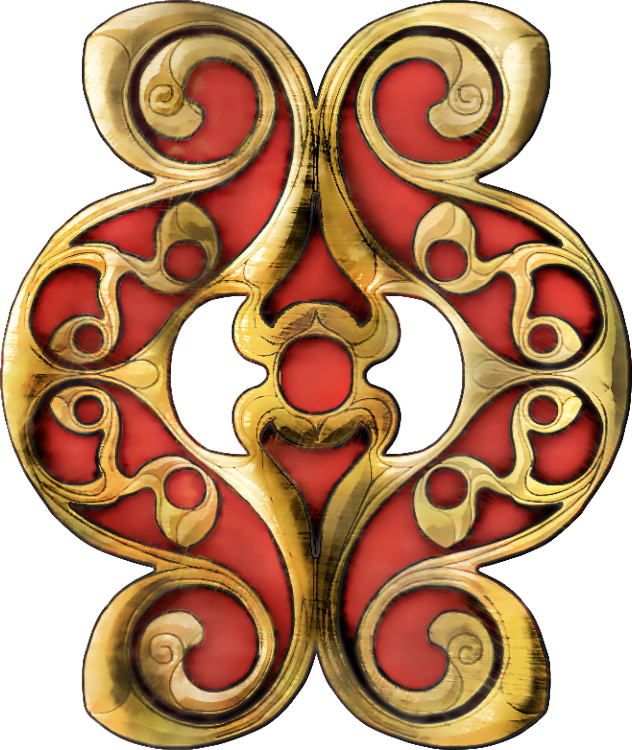
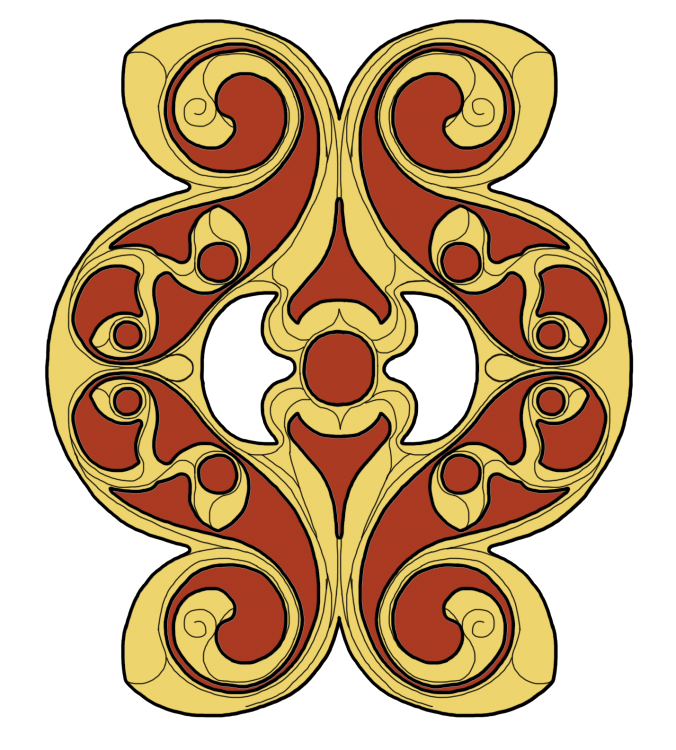
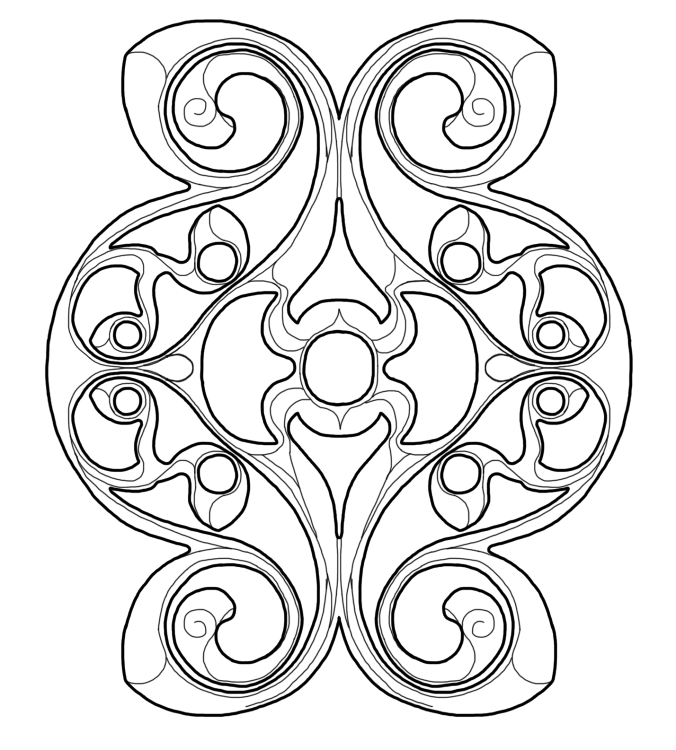


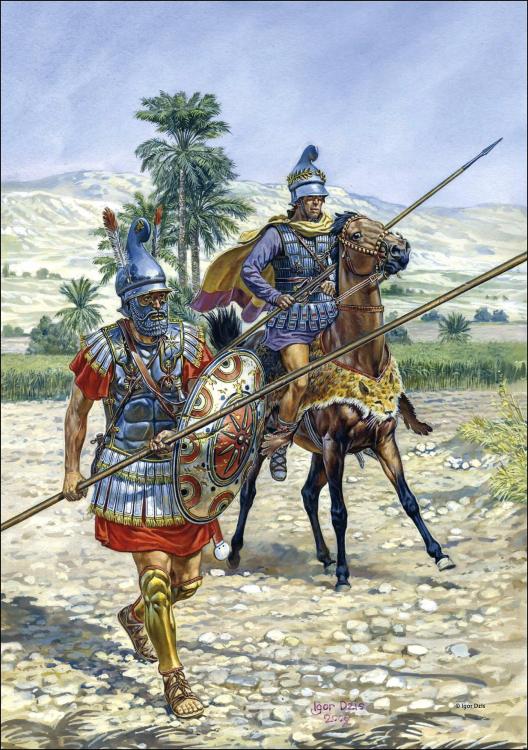
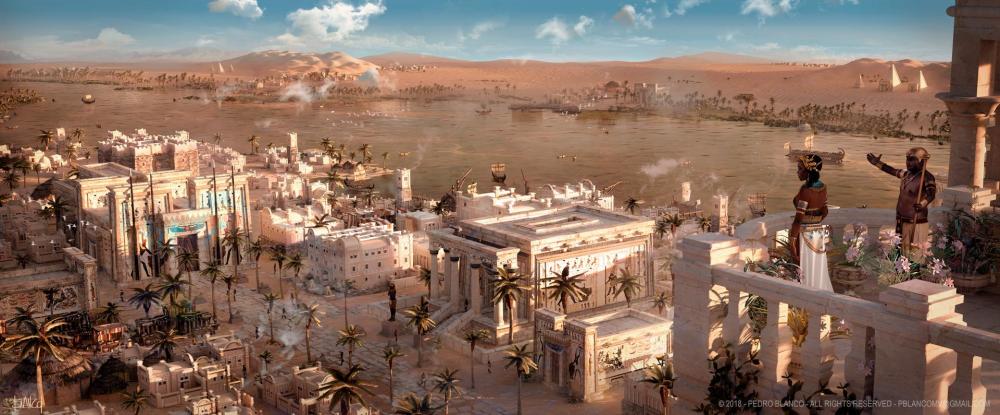
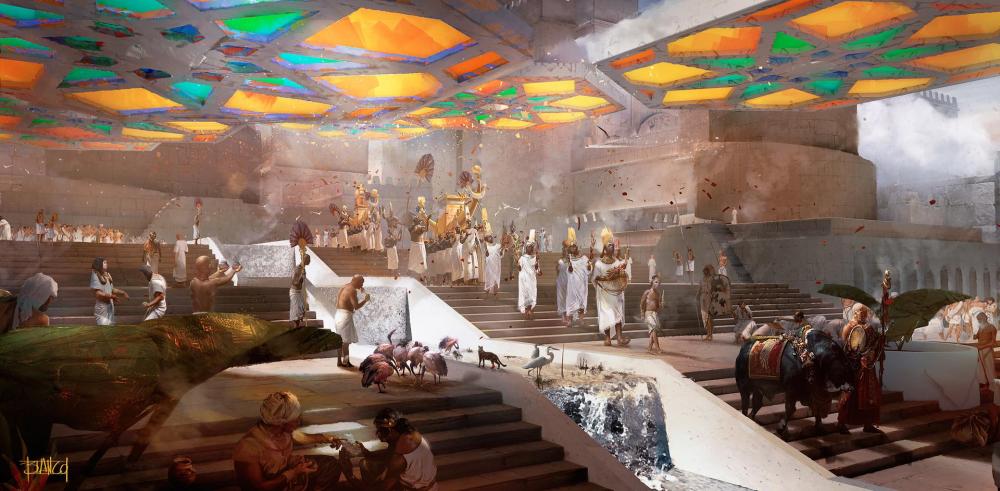
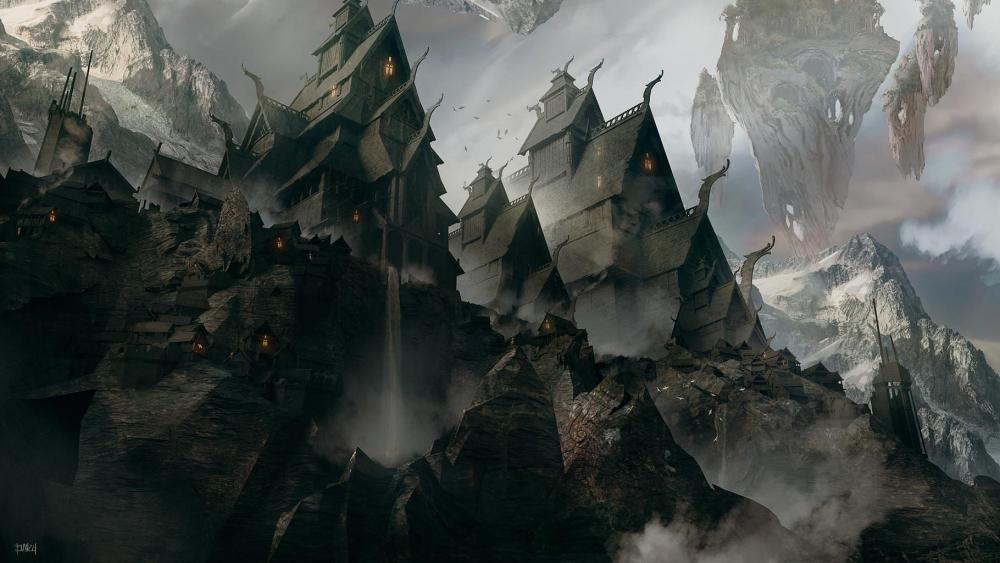
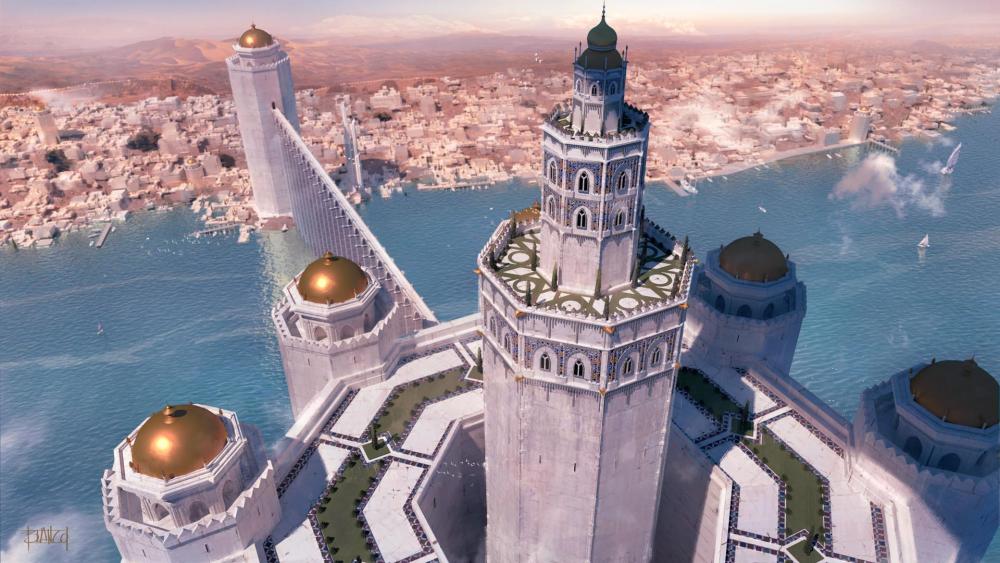
===[TASK]=== Current issues with Celtic units and guideline for the next
in Official tasks
Posted
But there are quite a number of Celtic swords with surviving hilts (or intact enough to discern their length), including La Tene period swords. None of the ones I've seen so far seem to be long enough to accommodate 2 hands.
If the degradable materials that made up the hilts were much longer than the tang, I suspect it would break off in your hands when applying a lot of blunt force, which is kind of the whole point of two handers.